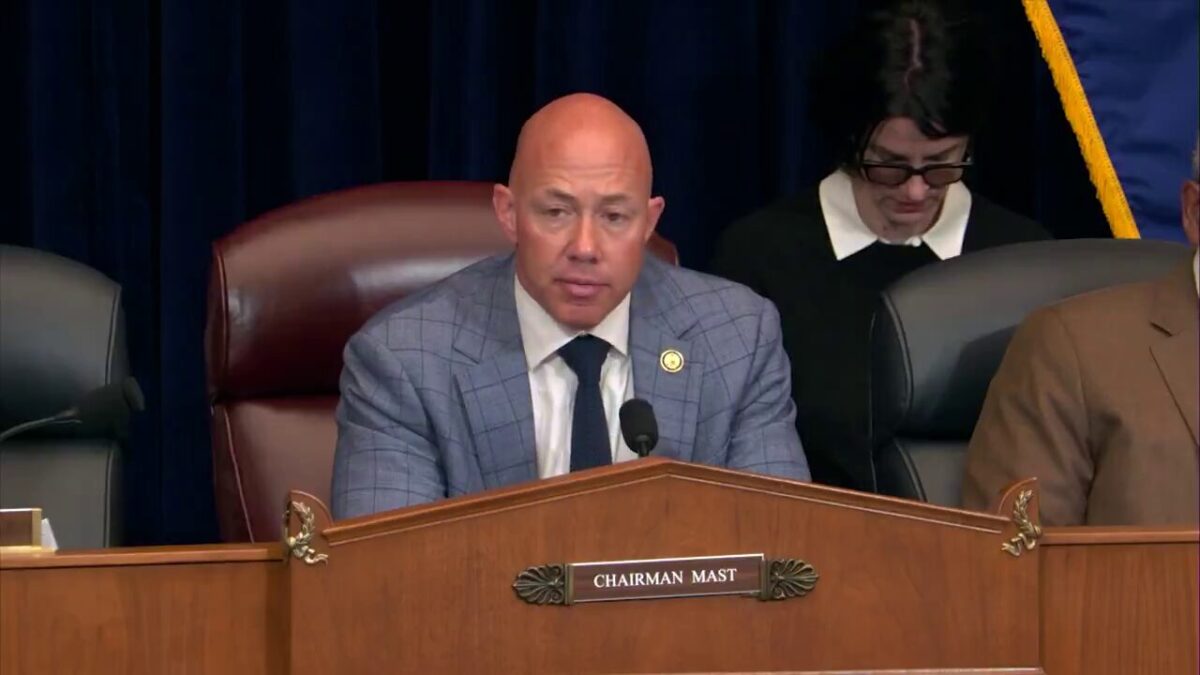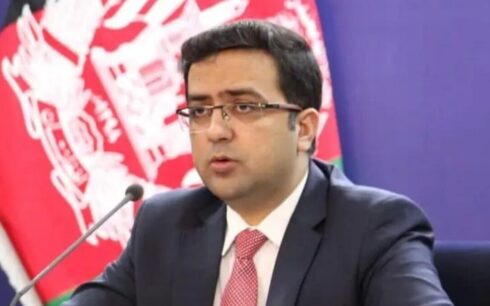WASHINGTON — Representative Brian Mast, chair of the House Foreign Affairs Committee, said Wednesday that “US taxpayer dollars should never fall into the hands of the Taliban — in any way, shape, or form,” as lawmakers reviewed a bill aimed at blocking all forms of US financial assistance that could benefit Afghanistan’s de facto rulers.
Speaking during a committee hearing on a bill to restrict US funding from reaching the Taliban-controlled government in Kabul, Mast emphasized that the legislation is intended not only to halt direct aid, but also to prevent NGOs and foreign governments from channeling support that could indirectly empower the Taliban.
“This bill requires the Department of State to develop and implement a strategy to discourage foreign countries and non-government organizations from providing financial and material support to the Taliban,” Mast said. “That’s important for the United States of America. We don’t have an embassy. We don’t have diplomatic relations with the Taliban, and they are a terrorist organization.”
Mast warned that US foreign assistance should be used to discourage global support for the Taliban, and that any aid tied to American taxpayer dollars must be closely monitored.
“We don’t want American tax dollars in any way, shape, or form going to the Taliban,” he said.
He also referenced prior debates in Congress, specifically pointing to the last session in which a similar version of the bill was negotiated before the release of a Special Inspector General for Afghanistan Reconstruction (SIGAR) report. That report, Mast noted, raised serious concerns about US funds benefiting the Taliban through non-governmental organizations.
“One of the things I would point out — and I strongly encourage discussion with your members about any consideration of voting no on this — is that the last Congress negotiated this months before a SIGAR report was released that spoke of their groundbreaking findings,” he said.
According to Mast, the report outlined two major issues: first, that taxpayer dollars were indirectly reaching the Taliban through NGOs; and second, that many of those NGOs “refused to even speak to SIGAR and talk about what they were using dollars for.”
He concluded by emphasizing the importance of transparency and oversight, particularly for humanitarian funds.
“It is important for us that we have transparency on where our dollars are going — or not going. And that includes through NGOs, especially NGOs that are working with the Taliban,” he said.
Representative Tim Burchett, another Republican lawmaker backing the measure, had previously warned that some US aid funneled to Afghanistan has ended up in the hands of what he called “terrorist groups.”
The discussion comes as the Biden administration has already moved to suspend parts of its humanitarian assistance to Afghanistan, citing concerns about Taliban interference.
State Department spokesperson Tammy Bruce said in a recent press briefing that the pause followed intelligence assessments and long-standing worries about the Taliban’s influence on humanitarian operations.
“This decision is part of a broader review of distribution practices in high-risk areas, where there is evidence that funds and resources may be reaching sanctioned groups,” Bruce said.
Afghanistan continues to face widespread poverty and food insecurity, with millions dependent on international aid, much of it delivered through third parties. However, US lawmakers are increasingly calling for mechanisms to ensure no aid — direct or indirect — reaches Taliban hands.





